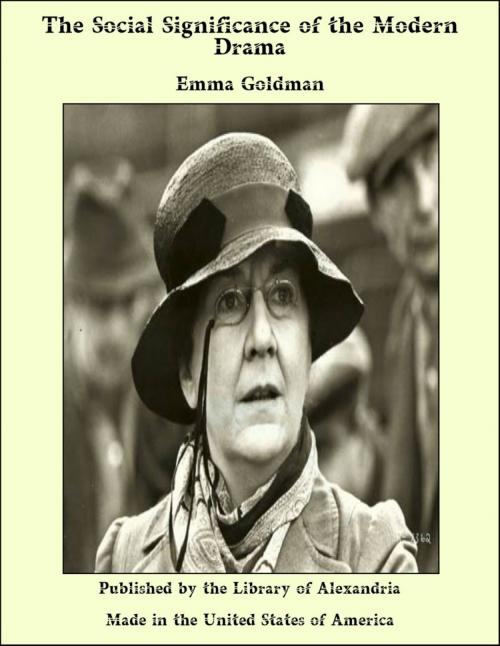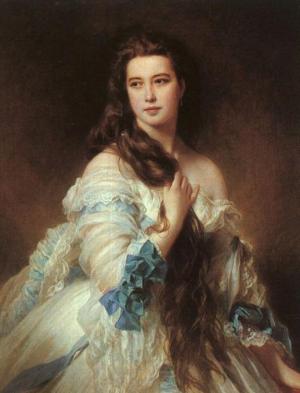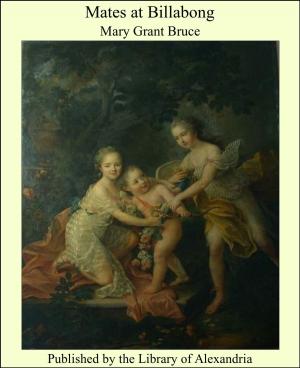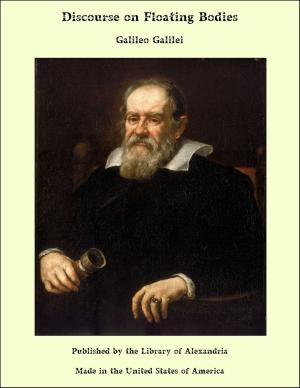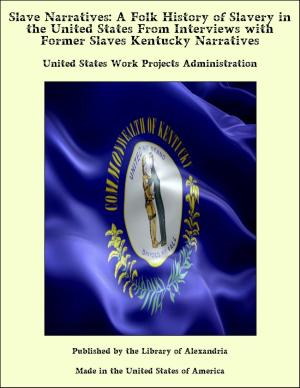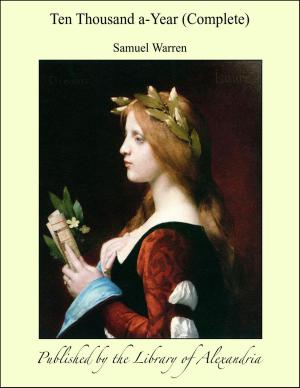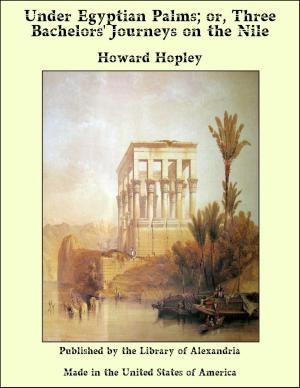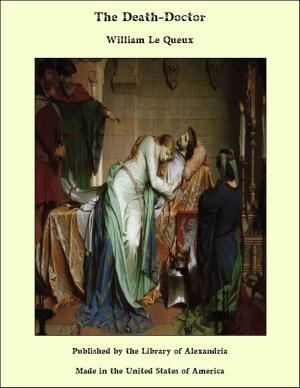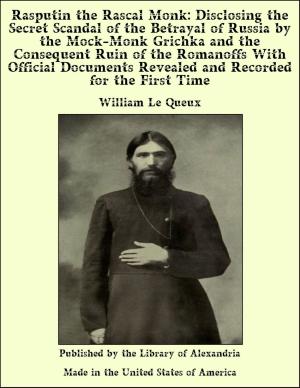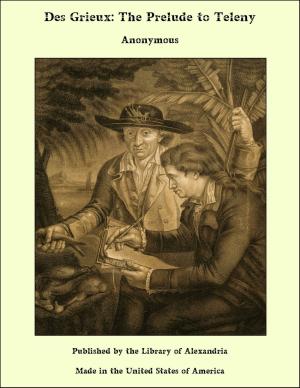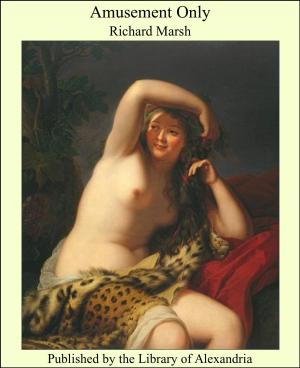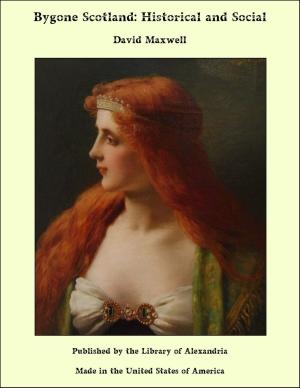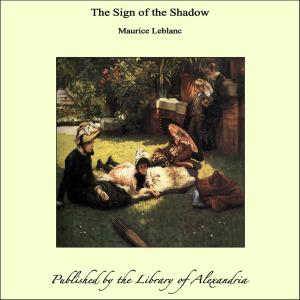The Social Significance of the Modern Drama
Nonfiction, Religion & Spirituality, New Age, History, Fiction & Literature| Author: | Emma Goldman | ISBN: | 9781465597403 |
| Publisher: | Library of Alexandria | Publication: | March 8, 2015 |
| Imprint: | Language: | English |
| Author: | Emma Goldman |
| ISBN: | 9781465597403 |
| Publisher: | Library of Alexandria |
| Publication: | March 8, 2015 |
| Imprint: | |
| Language: | English |
The Modern Drama, as all modern literature, mirrors the complex struggle of life,—the struggle which, whatever its individual or topical expression, ever has its roots in the depth of human nature and social environment, and hence is, to that extent, universal. Such literature, such drama, is at once the reflex and the inspiration of mankind in its eternal seeking for things higher and better. Perhaps those who learn the great truths of the social travail in the school of life, do not need the message of the drama. But there is another class whose number is legion, for whom that message isindispensable. In countries where political oppression affects all classes, the best intellectual element have made common cause with the people, have become their teachers, comrades, and spokesmen. But in America political pressure has so far affected only the "common" people. It is they who are thrown into prison; they who are persecuted and mobbed, tarred and deported. Therefore another medium is needed to arouse the intellectuals of this country, to make them realize their relation to the people, to the social unrest permeating the atmosphere. The medium which has the power to do that is the Modern Drama, because it mirrors every phase of life and embraces every strata of society,—the Modern Drama, showing each and all caught in the throes of the tremendous changes going on, and forced either to become part of the process or be left behind. Ibsen, Strindberg, Hauptmann, Tolstoy, Shaw, Galsworthy and the other dramatists contained in this volume represent the social iconoclasts of our time. They know that society has gone beyond the stage of patching up, and that man must throw off the dead weight of the past, with all its ghosts and spooks, if he is to go foot free to meet the future. This is the social significance which differentiates modern dramatic art from art for art's sake. It is the dynamite which undermines superstition, shakes the social pillars, and prepares men and women for the reconstruction.
The Modern Drama, as all modern literature, mirrors the complex struggle of life,—the struggle which, whatever its individual or topical expression, ever has its roots in the depth of human nature and social environment, and hence is, to that extent, universal. Such literature, such drama, is at once the reflex and the inspiration of mankind in its eternal seeking for things higher and better. Perhaps those who learn the great truths of the social travail in the school of life, do not need the message of the drama. But there is another class whose number is legion, for whom that message isindispensable. In countries where political oppression affects all classes, the best intellectual element have made common cause with the people, have become their teachers, comrades, and spokesmen. But in America political pressure has so far affected only the "common" people. It is they who are thrown into prison; they who are persecuted and mobbed, tarred and deported. Therefore another medium is needed to arouse the intellectuals of this country, to make them realize their relation to the people, to the social unrest permeating the atmosphere. The medium which has the power to do that is the Modern Drama, because it mirrors every phase of life and embraces every strata of society,—the Modern Drama, showing each and all caught in the throes of the tremendous changes going on, and forced either to become part of the process or be left behind. Ibsen, Strindberg, Hauptmann, Tolstoy, Shaw, Galsworthy and the other dramatists contained in this volume represent the social iconoclasts of our time. They know that society has gone beyond the stage of patching up, and that man must throw off the dead weight of the past, with all its ghosts and spooks, if he is to go foot free to meet the future. This is the social significance which differentiates modern dramatic art from art for art's sake. It is the dynamite which undermines superstition, shakes the social pillars, and prepares men and women for the reconstruction.
